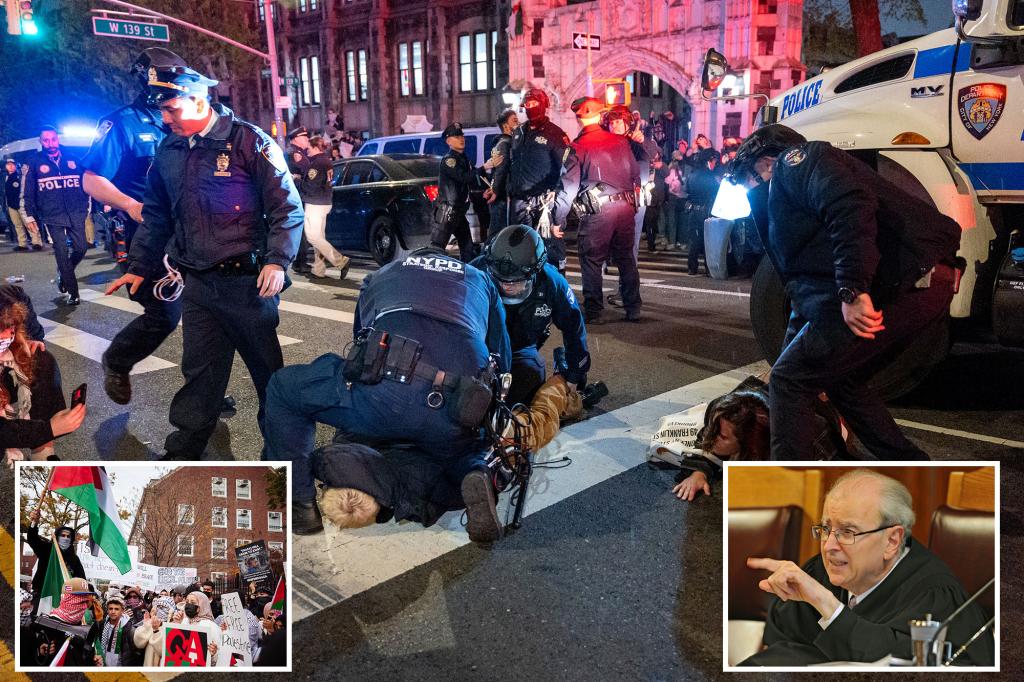Activists at the City University of New York (CUNY) who are anti-Israel refused to participate in the state’s independent investigation into rampant campus antisemitism. Jonathan Lippman, a retired chief judge of the state Court of Appeals who oversaw the review, expressed disappointment in these activists for not cooperating, stating that they ultimately hurt their own cause. The activists who declined to be interviewed cited concerns about restrictions on their free-speech rights and being accused of antisemitism as reasons for their refusal.
Lippman clarified that the intent of the investigation was not to target individuals who may have engaged in antisemitism or spoken out against Israel. He and his team from Latham & Watkins LLP sought to speak with individuals from different perspectives on the issue, including those affected by antisemitism, false claims of antisemitism, and other forms of discrimination, such as related to the Palestinian-Israel conflict. The goal was to gather information and views from a range of voices within the CUNY community.
Despite some activists advising against cooperating with the investigation, Lippman emphasized that the focus was not on assigning blame or uncovering perpetrators of improper behavior at CUNY. Instead, the intention was to address issues related to antisemitism and discrimination on campus. Lippman stressed the importance of creating an environment where all individuals, regardless of their beliefs, could feel safe and express their opinions without fear of discrimination or prejudice.
Jewish civil-rights activists praised Lippman for recommending that CUNY adopt the International Holocaust Remembrance Alliance working definition of antisemitism when evaluating discrimination claims. This recommendation was seen as a significant step forward for Jewish students, faculty, and staff who have often felt ignored or misunderstood when reporting incidents of antisemitism. Kenneth Marcus, founder and chairman of the Brandeis Center for Human Rights Under Law, commended Lippman for recognizing how antisemitic behavior can often be disguised as anti-Israel political advocacy.
The acceptance of the IHRA working definition of antisemitism at CUNY was viewed as a milestone in addressing discrimination and hate on campus. By acknowledging the nuanced ways in which antisemitism can manifest, the university can better support and protect its Jewish community members. Lippman’s commitment to fairness, impartiality, and inclusivity in the investigation process was seen as a positive step towards fostering a more tolerant and understanding campus environment for all students and staff at CUNY. Through open dialogue and a commitment to addressing hate in all its forms, CUNY can work towards creating a safer and more welcoming campus for everyone.


